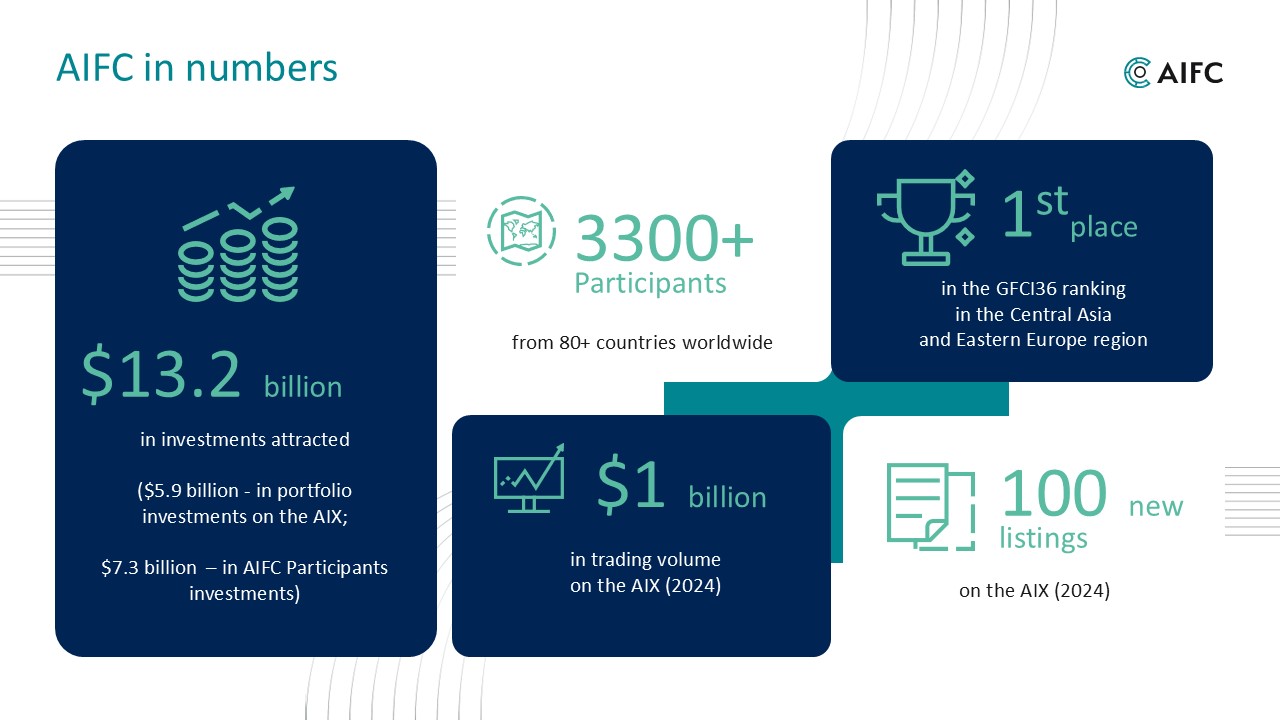The AFSA adopts a Supervisory Policy Statement outlining a new approach to Branch Supervision
As expressed in the Supervisory Policy Statement on Branch Supervision, supervisory approach applied towards AIFC participants (whether it is a bank, an insurer, or an investment firm) operating as branches in the AIFC implies that the following general factors should be considered:
- whether the whole firm (including Head Office) meets the minimum threshold conditions[1];
- whether the home jurisdiction’s prudential supervision regime is sufficiently equivalent to the AIFC regime; and
- whether there is sufficient supervisory cooperation between the AFSA and the home state supervisor.
In case if these minimum expectations are met, the branch could be considered as capable of being effectively supervised as a branch and AFSA may rely on home jurisdiction’s prudential regime for supervision.
Should the minimum expectations be met partially, the overseas firm may operate in the AIFC as a branch with additional requirements, such as a need to apply specific regulatory requirements at a branch level, additional branch liquidity requirements, restrictions on business activity and others.
When the minimum expectations cannot be met to a significant extent, the branch should be required to operate as a subsidiary, and the AFSA will supervise it on a standalone basis.
AFSA may also follow the approach of this Statement in making decisions on recognition of overseas brokers (Recognised Non-AIFC Members), exchanges (Recognised Non-AIFC Market Institutions), Equivalent Recognised Exchanges (for issuer prospectus purposes), Foreign Fund Managers (for managing Domestic Funds domiciled in the AIFC), and any other entity for which AIFC rules require some form of recognition.
The Supervisory Policy Statement reflects AFSA’s expectations in relation to supervision of branches in order to ensure the safety and soundness of authorised firms particularly by seeking to avoid adverse effects on the stability of the financial system of the AIFC.
The Supervisory Policy Statement entered into force on 12 December 2021.
Reference:
The Astana Financial Services Authority (AFSA) is the independent regulator of the Astana International Financial Centre (AIFC), which is established in accordance with the Constitutional Law of the Republic of Kazakhstan “On the Astana International Financial Centre” for the purposes of regulating financial services and related activities in the AIFC. AFSA administers the AIFC Regulations and Rules and is responsible for the authorisation, registration, recognition and supervision of financial firms and market institutions in the AIFC.
Over 1,200 firms from 62 countries are registered in the AIFC. These firms provide banking, insurance, investment, professional and other services. The range of financial services offered at the AIFC is comparable to the list of services available in long-established financial centers of the world, such as London, Hong Kong, Singapore, Dubai and others.
The Astana International Financial Centre (AIFC) is an independent jurisdiction that began operations in 2018. In accordance with the 2025 Development Strategy, the key task of the AIFC is to consolidate as a universal platform connecting the countries of the EAEU, Central Asia and South Caucasus. www.aifc.kz
[1] For a branch, the threshold conditions – which are the minimum conditions for authorisation – apply to the international firm as a whole and not just the AIFC branch, since a branch office is not a separate legal entity in its own right but an extension of a firm incorporated outside of the AIFC. In broad terms, the AFSA requires firms to have an appropriate amount and quality of liquidity, to have appropriate resources to monitor, measure, and manage the risks to which it is or may be exposed, to be fit and proper, to conduct their business prudently and to be capable of being effectively supervised by the AFSA (https://authority.aifc.kz/files/legals/425/file/supervisory-policy-statement-on-afsas-approach-to-branch-supervision.pdf)







